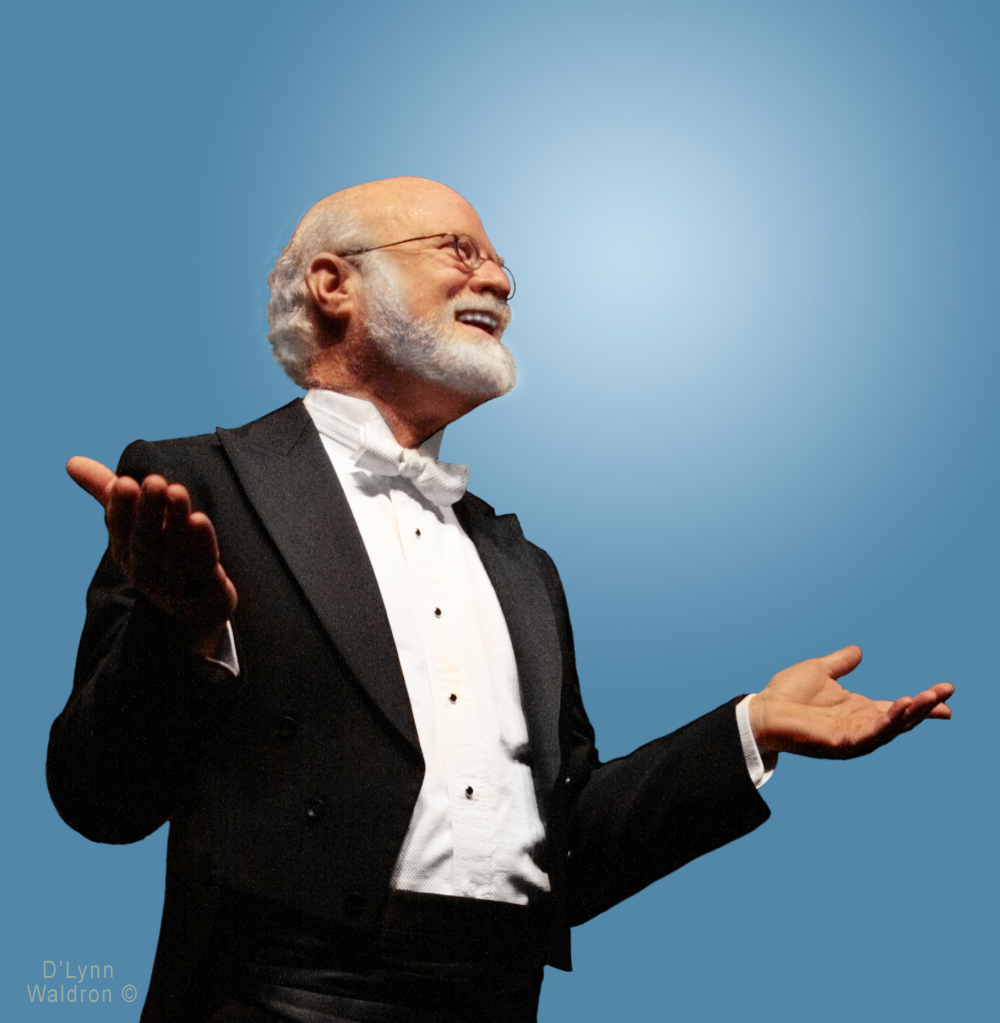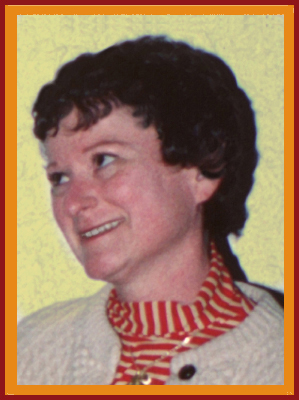
God gives the wise their wisdom
and scholars their knowledge.
To them He reveals
deep and mysterious things.
Daniel 2:21-23
LINK TO CONTENTS
Why do Scriptures say
To Love God and also To Fear God?
What can be learned from symphony maestros
and their musicians.
I have always wondered why some Scriptures tell us to fear God, while other Scriptures and Jesus tell us to love God.
A possible answer came to me after working for a number of years with different symphony maestros.
There are some maestros who get the best performances from musicians who are afraid of them and fear their correcting tirades. There are some maestros who get the best performance from musicians who love them and need their reassuring praise.
It does not work well when musicians who respond to love and praise are put with maestros who control with fear and tirades. Neither does it produce the best performances when musicians who require intimidation to practice the scores, are put with gentle-natured maestros.
Perhaps the Scripturees are speaking of God's love and rewards to people who respond to that, and speaking of God's anger and pushishments to people who need that motivation. It's the same God; different people.
I watched the transformation of a very gifted conductor from a punishing maestro to a praising maestro, and the effect it had on his musicians.
This maestro had two symphony orchestras, one in a renowned university, and the other in a famed small city. His performances were very highly praised by the critics who said he got his musicians to play beyond themselves.
Musicans who responded to tyranical maestros competed to be in his world-class City orchestra. Soloists and principals from major orchestras played with him for union scale. But he never got the major podium his talents deserved because the musicians in those other orcestras knew his greatness was achieved with fear, and vetoed him.
This maestro had no relationship with his audience. For them he was never more than the almost immobile back of a black tailcoat and then the top of a head in a fast pivoting, bent-over bow. His audience was never more than sparse and elderly in the 3000 seat City autorium, because no one publicized the free concerts.
One spring day, a technologist came with musician friends to the maestro's rehearsal before the concert, and then to the concert, and was amazed at the difference. In the rehearsal, the maestro was charismatic and moved with a powerful athletic dynamism, even 'hanging ten' over the edge of the podium when emphasiging fffs for the violins.
This conducting was how he got his musicians to play beyond themselves in the performances that were so highly praised by the critics. But the audience never saw the maestro conduct like that. For the audience he was the almost immobile back of a black tailcoat and a face they never saw.
In performance, for the musicians, he barely moved his hands and cued the section entrances with his eyes. In preparation for this, in the rehearsal, he yelled "Watch me!" at the day-dreaming basses
It was not until the last concert of the next season that the technologist took an early small digital video camera to the Beethoven 7th rehearsal and then the concert, and sent a DVD with both to the maestro.
Late that summer the maestro appeared at the technologist's studio. "I'm going to thank you for something that will surprise you. I have to loosen up on the podium."
The first concert that fall had the Beethoven V in the second half. The technoloogist now had a video camera in the wings between the first and second violins.
The technologist had put a lot of publicity for the concert in the media, the schools and public places, and for the first time there was a large audience, which was of all ages and segments of the community
The first half went as usual. Then in the intermission the musicians came running to the technologist, "His music stand is gone!"
The technologist just grinned.
The conducting and playing of the Beethoven V was so amazing that the maestro received the first of his pop star, standing, cheering ovations. For the the first time, the audience saw the maestro's radiant smile, and his fan base was born
That audience's response transformed the maestros relationsuip with his audiences and his muscians His rehearsals were now fun. His audience looked forward to his entertaining introductions and jokes
The popularity of his City Symphony Orchestra became so great that it got five successuive grants from the National Endowment for the Arts, and the media called him The City's Treasure.
His university orchestra musicians soon had such affection for him, they addressed him by his first name, not 'Doctor'
In less than two years the maestro had been transformed from being terrorizing to the musicians and unknown to the public, to being beloved by both.
These were the same musicians who had played so well when they were afraid of him. Now a mistake in rehearsals brought not a piercing rebuke, but a shared laugh and the suggestion to have an expresso. Because they no longer feared their maestro, the musicians slacked on practicing the scores, and never played so well again. And the maestro no longer cared
Make of this true story what you will. Does God want us to perform perfectly, or just enjoy each other and the music?


These essays bring together Scripture,
modern science, ,and the wisdom of the ages. .

May the Holy Spirit inspire, guide, protect and provide on your journey in life.
May you have time for Blessed Solitude in which to commune with the Holy Spirit for wisdom and serenity.
LINK TO CONTENTS PAGE.
http://HolySpiritFellowship.net/contents.html
http://HolySpiritFellowship.net